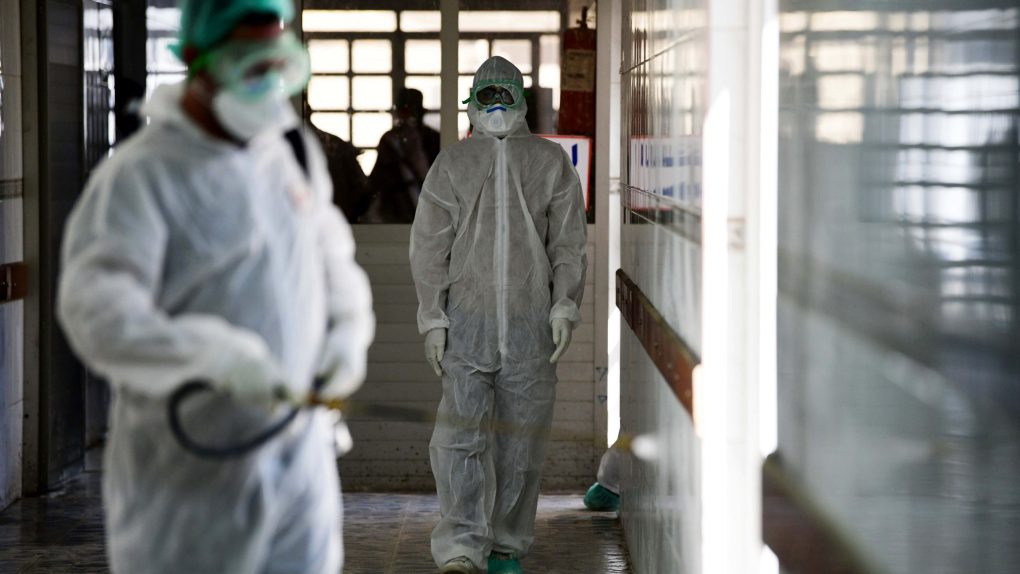- People are self-medicating with malaria drugs after a certain government official endorsed them as “game-changers.”
- The US Food and Drug Administration is trying to prevent the widespread, unauthorized use of these medications, as they could do far more harm than good.
- Side effects including heart issues, and patients who are given the drugs in a controlled clinical setting are constantly monitored for potential severe reactions.
- Visit BGR’s homepage for more stories.
Everyone is searching for an answer to the novel coronavirus pandemic. Researchers around the globe are toiling away in the hopes of developing a vaccine sooner rather than later, but at the moment there really is no cure. Unfortunately, some government officials (*cough*TRUMP*cough*) have offered vague endorsements of certain existing drugs that remain unproven.
The anti-malaria drugs hydroxychloroquine and chloroquine were hailed as potential “game-changers” by the President, leading some desperate individuals to seek them out and self-medicate without consulting their doctors. Now, the FDA is begging people to stop going rogue with their medications, as they can prove potentially deadly.
Trials of the drugs on COVID-19 patients have produced mixed results. Some patients have indeed gotten better with the use of them, but there are some incredibly serious risks involved. As the FDA explains in a new press release, these are absolutely not the kind of drugs you should be self-medicating with.
“Hydroxychloroquine and chloroquine have not been shown to be safe and effective for treating or preventing COVID-19,” an FDA press release reads. “They are being studied in clinical trials for COVID-19, and we authorized their temporary use during the COVID-19 pandemic for treatment of the virus in hospitalized patients when clinical trials are not available, or participation is not feasible. Hydroxychloroquine and chloroquine can cause abnormal heart rhythms such as QT interval prolongation and a dangerously rapid heart rate called ventricular tachycardia.”
The FDA clears certain medications to be used for certain purposes, and these anti-malaria drugs have not been cleared for use by the general public for coronavirus symptoms or prevention. They can interact with other drugs and come with a whole host of potential side effects of their own. Put simply, treating the situation as though you are your own doctor is a bad idea (it usually is), and you could end up doing far more harm than good.
“Be aware that there are no proven treatments for COVID-19 and no vaccine,” the FDA reminds us. “If you are receiving hydroxychloroquine or chloroquine for COVID-19 and experience irregular heartbeats, dizziness, or fainting, seek medical attention right away by calling 911.”
Better yet, just don’t take these drugs at all, because there’s no evidence they’ll work and plenty of evidence that you could seriously hurt yourself. If you think you might have COVID-19, contact your doctor, don’t pretend to be one.








